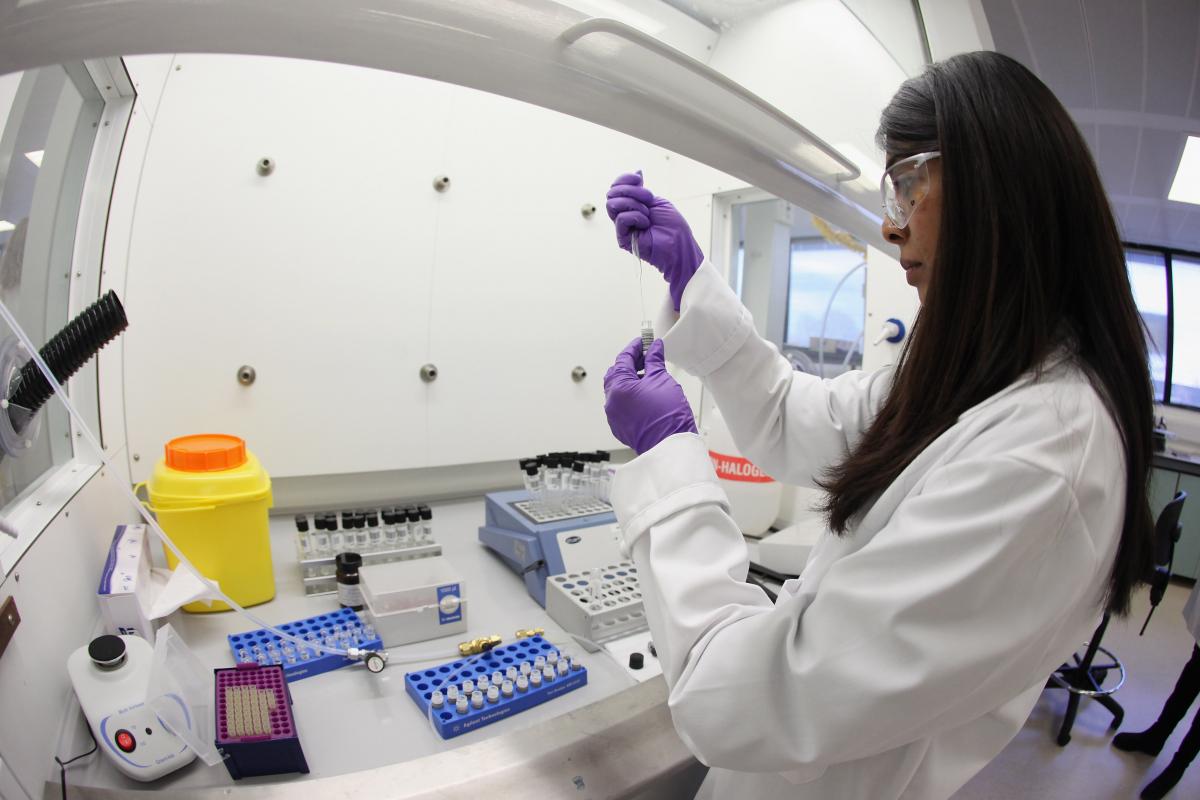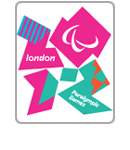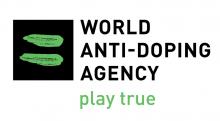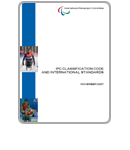No 44: Doping Russian athletes thrown out of London 2012
The No. 44 moment in Paralympic sport of 2012 is when the London 2012 Paralympic Games was the first major competition to detect an athlete had been using the Human Growth Hormone using new testing methods. 18 Nov 2012
The IPC will continue to educate athletes and their support staff on the importance of anti-doping.
WADA was also encouraged by the results of the new testing methods and said it was confident that it will prove a significant tool in the fight against doping in sport, complementing the test that had been in use since the 2004 Athens Olympic Games.
When the Drug Control Centre, the King's College Laboratory, Harlow, was opened ahead of London 2012, the main talking point was of the thousands of samples the site would test during both the Olympic and Paralympic Games.
By the time the Games closed though on 9 September it was not the quantity of tests that was the talk of the global anti-doping community but the quality of tests, and in particular a new testing method introduced prior to London to detect Human Growth Hormone (HGH).
On 8 September, the IPC announced that two Russian athletes - Nikolay Marfin and Vadim Rakitin – had both been suspended for two years for anti-doping rule violations involving HGH.
Both athletes each returned adverse analytical findings in blood samples taken from out of competition tests conducted on 23 August and 25 August in London, before the start of the Paralympic Games.
The IPC’s announcement represented a major breakthrough in anti-doping as not only was this the first time Paralympic athletes had tested positive for HGH at a global event but it was new testing methods that had caught both athletes.
"These cases were a world first as some of the latest testing methods were used which were only introduced prior to London 2012," said Toni Pascual, Chairperson of the IPC Anti-Doping Committee.
"These new methods are able to detect misuse of Human Growth Hormone over a span of weeks compared to previous methods used which only detected use over a shorter time period."
WADA was also encouraged by the results of the new testing methods and said it was confident that it will prove a significant tool in the fight against doping in sport, complementing the test that had been in use since the 2004 Athens Olympic Games.
According to WADA, HGH has been widely abused by athletes in recent years, although the first positive test was not until February 2010.
Prior to and during the London 2012 Paralympic Games, 1,259 samples - a combination of urine and blood - were collected from athletes. Four athletes, all from the sport of Powerlifting and including the two Russian athletes, were found to have committed anti-doping rule violations and suspended as a result.
Editor’s Note: For the final 50 days of the year, the IPC will count down the year’s top moments in Paralympic sport, culminating with the year’s best moment on 31 December.
The 50 moments were selected by nominations from National Paralympic Committees and International Federations and are based on sport performance, emotional moments, media attraction and athletes’ personal stories.
The IPC would also like to call on the public to submit their own nominations for what they believe was the top Paralympic moment of 2012. They can do so by emailing ipc.media@paralympic.org, or by leaving a comment on www.Facebook.com/ParalympicGames or sending a tweet to @Paralympic.

 Facebook
Facebook
 Instagram
Instagram
 Twitter
Twitter
 Youtube
Youtube
 TikTok
TikTok
 Newsletter Subscribe
Newsletter Subscribe


